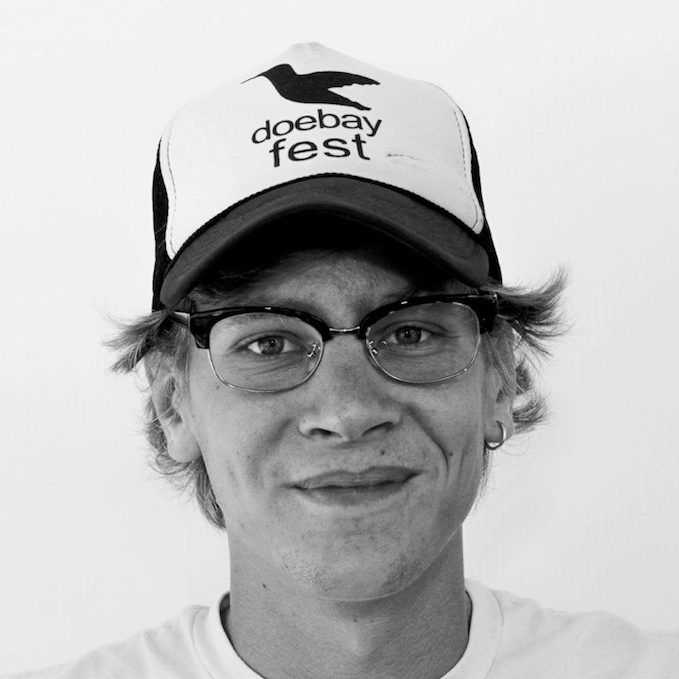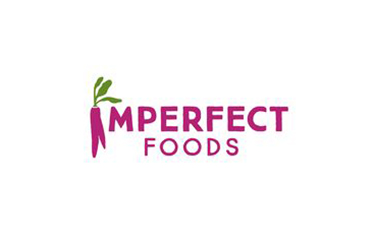For five years, San Francisco, California, U.S.A.-based Imperfect Foods (formerly known as Imperfect Produce) has been selling consumers food that wasn’t quite attractive enough to be delivered to a grocery store.
According to the company, one in five fruits and vegetables “don’t meet the strict cosmetic standards of grocery stores, often causing them to go to waste.”
“These imperfections are small quirks in appearance that an eater would rarely notice and that do not impact flavor or health … at all,” the company says in its marketing materials.
In 2017, just two years after it was founded, Imperfect Foods had more than 200,000 subscribers to its food delivery service for “imperfect” fruits and vegetables.
Now Imperfect Foods is moving into seafood. Beginning in October 2019, Imperfect Foods began offering farmed Atlantic salmon filets from the Norwegian company Hofseth. The filets were not the proper size to be sent to high-end restaurants or retailers, Imperfect Foods Senior Buyer Seth Rosenberg told SeafoodSource.
“At Imperfect Foods, our mission is to eliminate food waste and to create a more sustainable and just food system while supporting local growers, purveyors and communities,” Rosenberg said. “There’s nothing really wrong with the salmon itself. We’re not trying to deal with product that would be unsafe in any way for consumers to eat. It more had to with the size and shape of the pieces of salmon, that normally were not finding their way to consumers in that form,” he said.
The move into seafood “was a next step in expanding our ability to help further our mission and go beyond the waste in the produce world,” Rosenberg said. “It was part of our expansion into groceries and particularly the unique opportunities that exist in the meat and seafood world.”
The Hofesth partnership was established through a supplier with industry connections that brokers meat and seafood deals for Imperfect and Ben Chesler, Imperfect’s co-founder, believed establishing a relationship with Hofseth would be a good starting place to initiate a foray into offering seafood.
According to Rosenberg, Imperfect saw the opportunity to add value back into Hofseth’s supply chain. The relationship also offers good value for Imperfect’s customers, so Rosenberg calls it a “win-win partnership.”
Imperfect works on a subscription basis, and customers are not able to browse the products available on its website without logging in. Its seafood offerings are “always changing,” according to Rosenberg, though Hofseth salmon is always on offer.
“We have a pretty dynamic assortment based on the nature of food-waste opportunities,” he said. “Each week it might be a different offering. However, we are working towards having staple items that our customers can always expect.”
The expansion into seafood has been well-received by customers, Rosenberg said.
“Based on what I’ve noticed as a trend from monitoring sales, and the feedback I’ve seen on social media, it seems like overall it’s been a positive experience,” he said. “It seems like it’s a really popular category for our customers and they’re using us for a more complete grocery experience.”
However, the company has received criticism from some opponents of net-pen aquaculture. Amy Grondin, a commercial salmon fisherman in Alaska and seafood sustainability consultant with, told Fortune magazine no salmon grown in net-pen systems can be called “sustainable.”
“Until they put those famed salmon in closed-containment systems, I don’t think that product is sustainable,” she said.
Rosenberg countered Grondin’s claim that land-based farming systems unequivocally create a smaller environmental impact than net-pen farming.
“I know that there are some that think land-based farming practices are better from an environmental standpoint … but I’ve also seen literature saying those are actually more negatively impactful to the environment.” he said.
In a post on Imperfect’s blog on 24 October of last year, the company lauded Hofseth’s farming practices.
“Hofseth is building a more sustainable salmon industry that doesn’t harm wild fish populations,” the company said. “Their solution is to farm salmon in low-density, open-water enclosures that give the fish plenty of room to swim around in the beautifully clear, cold waters of Norway's famous fjords. They are raised without antibiotics and fed a meat-free diet, making it no surprise why they meet the highest international standards for fish welfare."
Rosenberg calls the company’s sourcing standards a “living thing,” admitting that they are new in the seafood space. The company has quickly expanded the number and type of seafood offerings it has listed to include wild Norwegian cod and steelhead trout, Pacific Northwest Dover sole, bycatch opah from Southern California, wild Gulf of Mexico-sourced shrimp, and Marine Stewardship Council-certified Norwegian smoked salmon, but the company has yet to publicize its guidelines for how it chooses its purveyors.
“I don’t think it’s as clear-cut as saying we support only farmed versus wild or vice versa, it’s sort of a case-by-case basis, where we evaluate the supply chain and make the best choice that we can,” Rosenberg said. “It’s a little bit tough to say, ‘These are our exact sourcing standards when it comes to seafood,’ because each species can have different considerations.”
However, Rosenberg said his company will continue its anchor partnership with Hofseth, despite the criticism it has received.
“We felt like the partnership with Hofseth was something we could stand behind given that the practices that they’re using and their commitment to sustainability,” he said.







